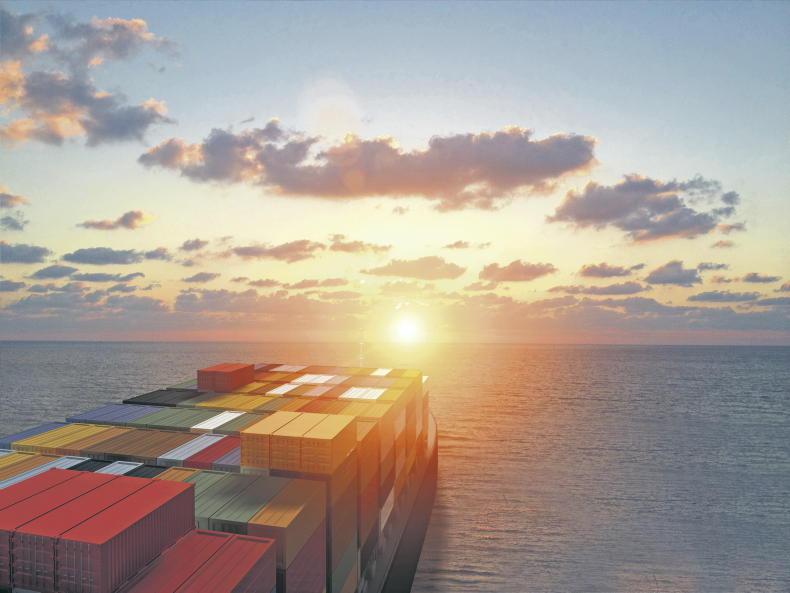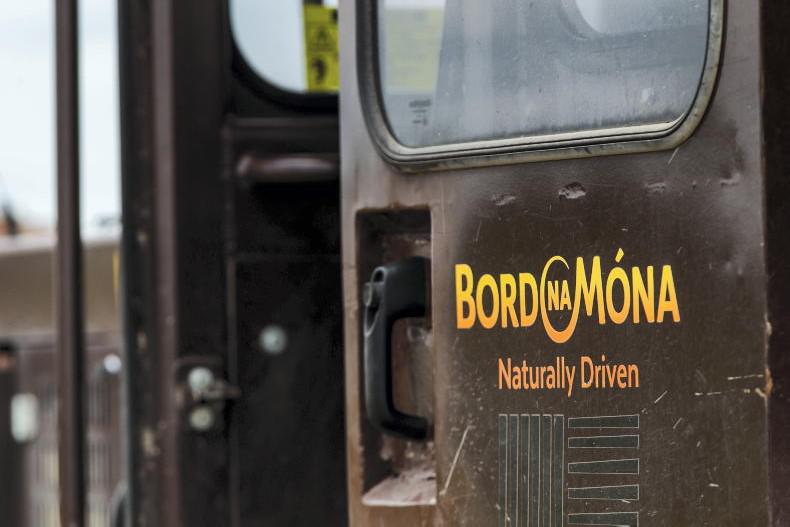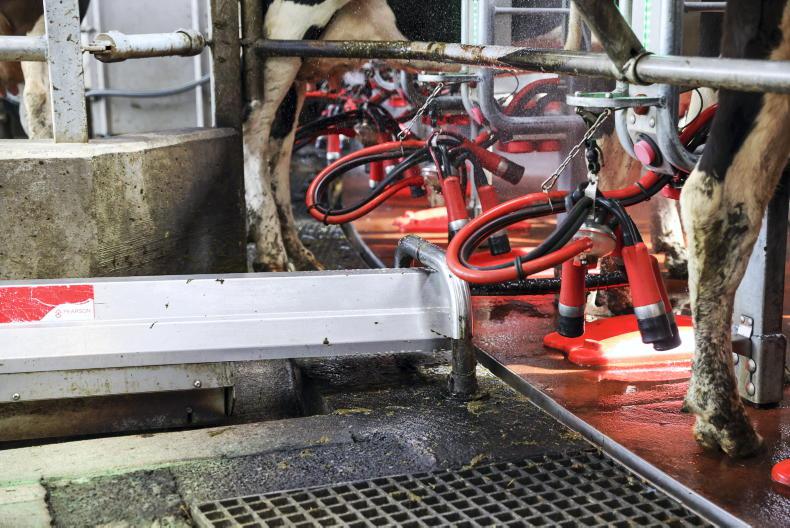After just over four months of deliberation, competition authorities on either side of the Irish border have approved the merger between Lakeland and LacPatrick co-ops.
It now has a combined milk pool of close to 1.8bn litres, making it the second largest buyer of milk on the island of Ireland.
However, the new co-op takes over from Dale Farm as the largest buyer of milk in Northern Ireland (NI), with a pool of around 1.2bn litres, approximately half of all milk produced there.
Existing Lakeland shareholders will have 73% ownership in the new co-op, with LacPatrick shareholders taking 27%
The new co-op will be called Lakeland Dairies Co-Operative Society Limited and once a number of new legal procedures have been implemented trading is expected to begin by the end of March.
Both co-ops will operate independently until then and set their own milk price.
The current CEO of Lakeland, Michael Hanley, is the CEO designate of the new Lakeland Dairies.
"The combined businesses have the potential to be one of the powerhouses of the global dairy industry but we must work hard to realise that potential by creating economies of scale and combining our complimentary product mix," Hanley said.
"We will leave no stone unturned in continuing the growth, development and success of Lakeland Dairies.”
Shareholder approval
The merger was approved by respective shareholders in both co-ops last October.
Existing Lakeland shareholders will have 73% ownership in the new co-op, with LacPatrick shareholders taking 27%.
Origins
The origins of the deal go back to earlier in 2018 when, following a decision by the LacPatrick board to cut March milk prices, it quickly became apparent that the co-op risked losing a significant proportion of its milk pool to other buyers.
That prompted the cash-strapped LacPatrick board to initiate merger talks with other co-ops. In June, it confirmed that it had entered exclusive talks with Lakeland.
While there are a number of reasons why LacPatrick found itself in a difficult cash position, probably the most obvious is the decision taken to invest €40m in a new milk dryer at Artigarvan in Co Tyrone.
By the time that build was complete in February 2018, and other issues around effluent control addressed, LacPatrick had moved from a cash-rich co-op to one carrying €28m of long-term debt.
Brexit
Although the new dryer severely stretched LacPatrick, it is potentially a significant asset for the newly merged business, particularly in the context of Brexit.
With the ability to process up to 500m litres of milk per year, it means Lakeland will now be able to handle virtually all of its NI milk pool north of the Irish border.
In recent years, around 600m litres of milk has moved from NI to the Republic of Ireland for processing each year.
The majority of that has been Lakeland milk heading for the drying plant at Bailieboro in Co Cavan.
Read more
Competition Authority lifts LacPatrick/Lakeland enforcement order
LacPatrick drops milk collection charge
Cracks in LacPatrick milk pool
After just over four months of deliberation, competition authorities on either side of the Irish border have approved the merger between Lakeland and LacPatrick co-ops.
It now has a combined milk pool of close to 1.8bn litres, making it the second largest buyer of milk on the island of Ireland.
However, the new co-op takes over from Dale Farm as the largest buyer of milk in Northern Ireland (NI), with a pool of around 1.2bn litres, approximately half of all milk produced there.
Existing Lakeland shareholders will have 73% ownership in the new co-op, with LacPatrick shareholders taking 27%
The new co-op will be called Lakeland Dairies Co-Operative Society Limited and once a number of new legal procedures have been implemented trading is expected to begin by the end of March.
Both co-ops will operate independently until then and set their own milk price.
The current CEO of Lakeland, Michael Hanley, is the CEO designate of the new Lakeland Dairies.
"The combined businesses have the potential to be one of the powerhouses of the global dairy industry but we must work hard to realise that potential by creating economies of scale and combining our complimentary product mix," Hanley said.
"We will leave no stone unturned in continuing the growth, development and success of Lakeland Dairies.”
Shareholder approval
The merger was approved by respective shareholders in both co-ops last October.
Existing Lakeland shareholders will have 73% ownership in the new co-op, with LacPatrick shareholders taking 27%.
Origins
The origins of the deal go back to earlier in 2018 when, following a decision by the LacPatrick board to cut March milk prices, it quickly became apparent that the co-op risked losing a significant proportion of its milk pool to other buyers.
That prompted the cash-strapped LacPatrick board to initiate merger talks with other co-ops. In June, it confirmed that it had entered exclusive talks with Lakeland.
While there are a number of reasons why LacPatrick found itself in a difficult cash position, probably the most obvious is the decision taken to invest €40m in a new milk dryer at Artigarvan in Co Tyrone.
By the time that build was complete in February 2018, and other issues around effluent control addressed, LacPatrick had moved from a cash-rich co-op to one carrying €28m of long-term debt.
Brexit
Although the new dryer severely stretched LacPatrick, it is potentially a significant asset for the newly merged business, particularly in the context of Brexit.
With the ability to process up to 500m litres of milk per year, it means Lakeland will now be able to handle virtually all of its NI milk pool north of the Irish border.
In recent years, around 600m litres of milk has moved from NI to the Republic of Ireland for processing each year.
The majority of that has been Lakeland milk heading for the drying plant at Bailieboro in Co Cavan.
Read more
Competition Authority lifts LacPatrick/Lakeland enforcement order
LacPatrick drops milk collection charge
Cracks in LacPatrick milk pool










SHARING OPTIONS